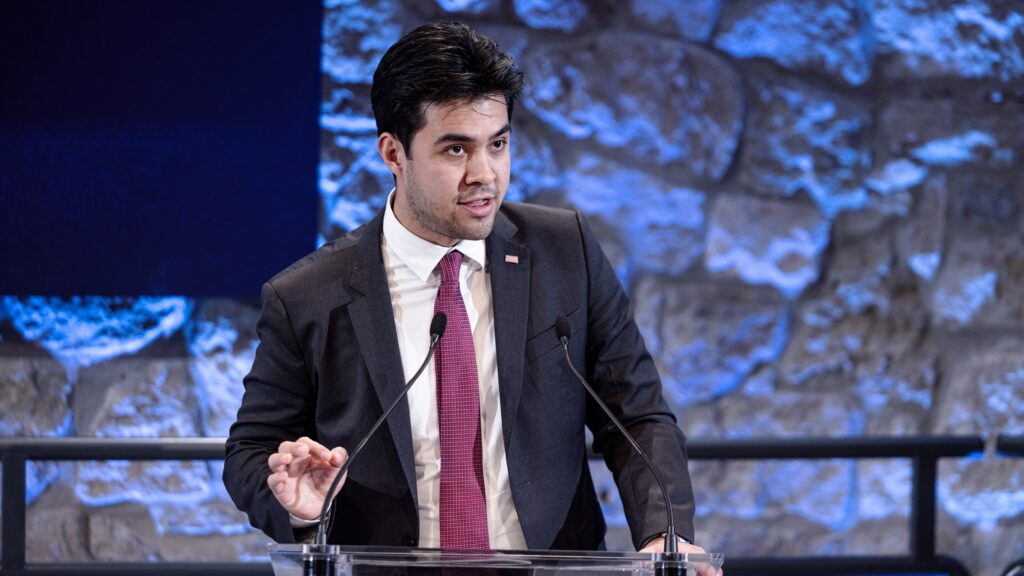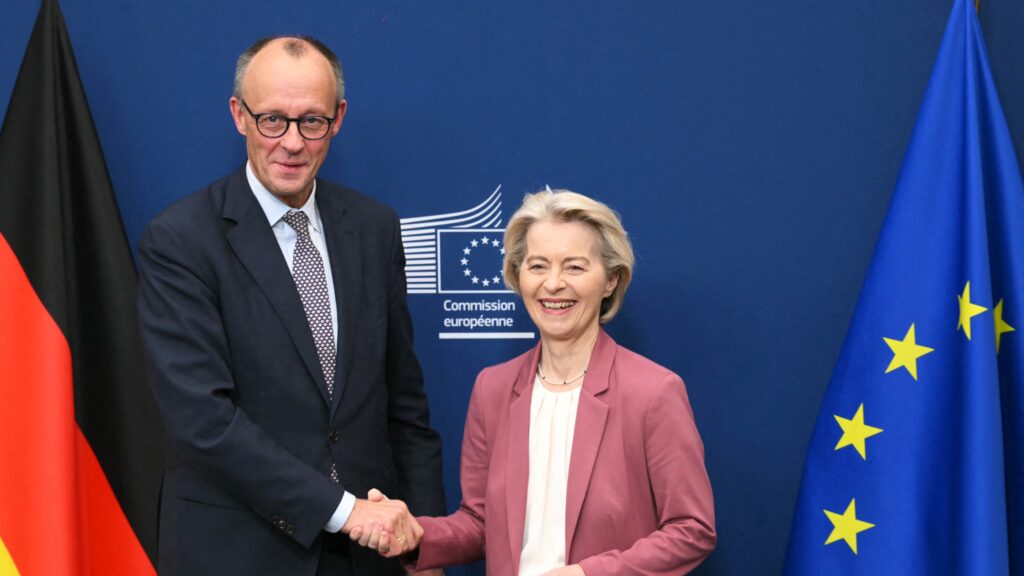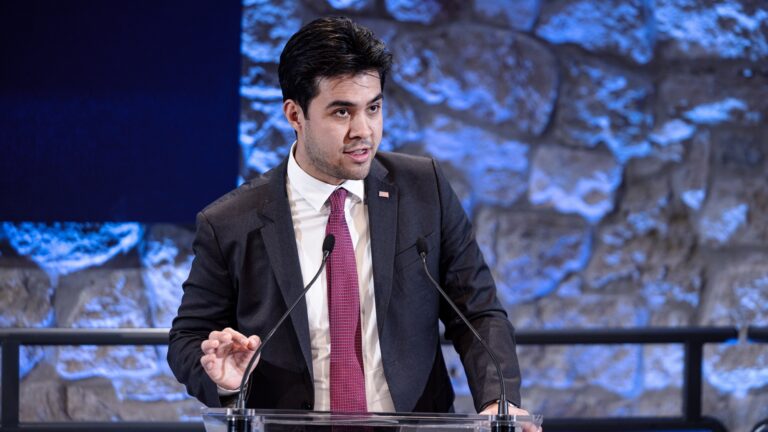As prices in the energy sector soar, many European countries are faced with the possibility of energy rationing, making the winter ahead of them tougher than usual.
Rationing
Shell CEO Ben Van Beurden predicted at the Aurora spring conference in Oxford last Thursday that ‘It will be a really tough winter in Europe.’ He emphasized that energy prices are already increasing all over the world, and throughout the winter Europe will likely face an even steeper escalation. He added that in a worst-case scenario, Europeans may have to face rations in energy consumption.
Energy rationing in these countries would mean that consumers can only use a pre-determined amount of energy. This could prove devastating for households, as with climate change, summers are getting warmer, while winters may see sudden sub-zero temperatures and heavy snowfalls. If there is a cap on the amount of energy allowed to be used, heating and cooling are going to be a problem for many households.
Prices to Increase While Supplies Dip
With the war raging on in Ukraine, energy prices have started to increase, adding pressure to the already mounting inflation in most European countries. Russian gas is becoming a scarce commodity in Europe, making it less accessible and more expensive by the day. In the previous weeks, several countries have expressed their worries regarding the looming energy crisis.
In Germany, the shortage started to cause problems in the food industry
In Germany, the shortage started to cause problems in the food industry. Companies have warned that if they are not able to acquire enough gas and the government cannot help them, production in the refrigeration sector could plummet or stop completely. This would cause shortages in food supply in supermarkets and could even expand beyond Germany, threatening the entire EU.
In Norway, workers in the energy sector were protesting for days because of unfair wages. Had the Norwegian power production stopped, once again, the entire EU would have been under threat. Thankfully, the government acted quickly, putting an end to the strikes and retaining production.
In the UK, problems are already mounting, with reports that in the medical sector, nurses are not allowed to drink water or use the fans in the hospitals because of the need to conserve energy. Due to global warming, temperatures in the UK soared beyond 40 Celsius last week, making it almost unbearable for nurses to do their jobs. Many of them voiced their frustration on Twitter, painting a grim picture of the situation that anyone living in a European country will possibly face in the near future.
Hungarian Consequences
Meanwhile in Hungary, where the reduction of utility costs has been successful, and capped prices have been maintained in spite of the effects of the war, the events taking shape throughout the EU and concerns about other countries’ measures forced the government to act. Although earlier reports confirmed that Hungarian gas reserves are sufficient and other avenues to acquire energy are stable, and they still are, as precautionary measures, the government announced an energy conservation plan to avoid a possible crisis.
A seven-point action plan has been devised, most of which focuses on increasing the amount of energy Hungary is able to produce. The last point, however, affects consumers. Those who use more energy than the average household will be removed from the utility cost reduction programme. As a result, consumers will be forced to think more consciously about the amount of energy they use.
Consumers will be forced to think more consciously about the amount of energy they use.
Even with the changes introduced by the action plan, numbers show that the utility costs reduction will continue to shield the overwhelming majority of Hungarian consumers from exorbitant market prices. According to research conducted by Magyar Nemzet, an average household will still save HUF 158,694 per month on utilities, which equals over HUF 1.9 million in a year.
The Coming Winter
It is fair to assume that most European countries are about to face one of the toughest winters ever. It is probable that many European citizens will not be able to heat their homes to the temperatures they are used to. Experts have stated that the energy crisis will not end until a peace agreement puts an end to the war in Ukraine. In Hungary, however, utility prices will continue to remain low for most, and only those will have to pay market prices for energy who consume more than the average amount. So for Hungarians, the outlook does not appear to be as grim as for other countries.







